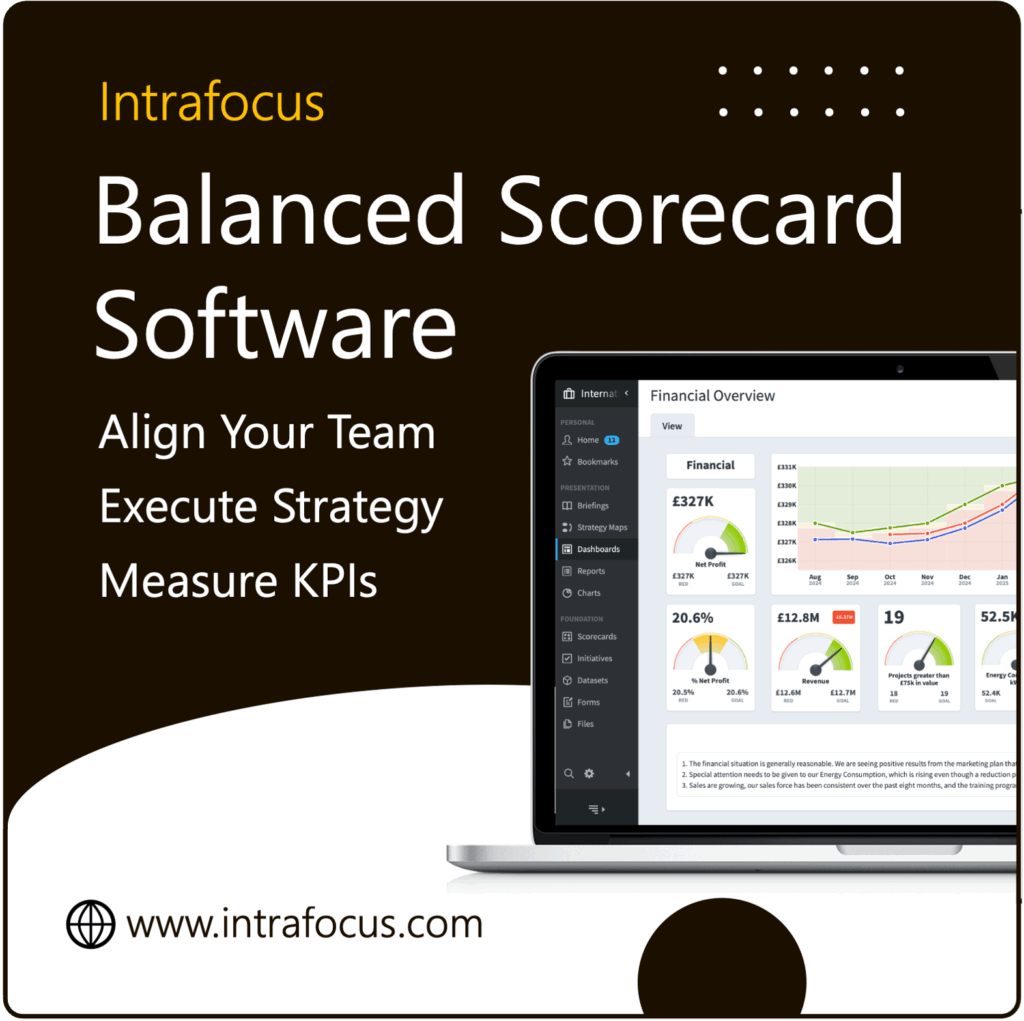Measure objectives, not projects
In the second of this series of three articles, we are looking in-depth at how to use Key Performance Indicators to measure objectives. In our first article, we looked at what a KPI is and positioned its value to the organisation as a tool for measuring priority objectives, usually linked to the strategic business plan.
Now, we turn our minds to the importance of ensuring that KPIs always reference business objectives, rather than individual projects.
Choosing the right KPIs
Remember, a KPI measures intrinsic value – whether that is the value of an organisation, a unit, a process or a team. When KPIs are correctly aligned with objectives, they provide evidence on whether that objective is being achieved and to what degree.
Typically, KPIs are written as ratios or numbers and they should be created according to the well-known SMART principles:
Specific – clearly defined and targeted for an objective
Measurable – to allow quantifiable data collection
Attainable – it must be the responsibility of an identified individual or team (but with ultimate ownership at a senior leadership level, as part of the buy-in and accountability we discussed in our first article).
Realistic – based on practical expectations and considerations, so that the measurement activity has genuine value, rather than simply providing academic or theoretical guidance.
Time-bound – Usually mapping to the time period of the objective it is measuring. For a business plan, this may be for the year, with quarterly breakdown goals.
Why should KPIs measure objectives, not projects?
Yes, most businesses will set KPIs for projects. However, KPIs provide more than just a barometer of how well a project is progressing. When well chosen, they offer real-time data and insights into the performance of the business, as defined clearly by the objectives of the business strategy.
Crucially, therefore, they allow senior leaders to correct the business course of direction if it is going off-course and if strategic objectives are not being achieved. The KPIs will provide clear and objective data that allows decision-makers to spot trends and use their available data to investigate source-issues more closely and to implement remedial action.
Strategy, strategy, strategy
The crux of the point lies at the level of focus. KPIs can offer the most value when applied to the biggest organisational goals and objectives laid out in the business plan. Their collection, measurement, analysis and communication allows senior leaders to ensure that the business plan is actually being achieved, on time, to quality standards and to budget. For more information of creating KPIs that are aligned to strategy read our eBook How to Develop Meaningful KPIs.
Retaining focus
Without this strategic level focus, it is all too easy for individual projects to become the focus. All of a sudden the operational considerations of the day-to-day business end up eclipsing broader strategic goals. This can happen easily in an organisation, especially one of SME size, where senior leaders may also have daily functional roles that require them to multi-task. When eyes are taken off the strategic ball and become too focused at a functional project level, the broader course and direction of the business can falter.
Suddenly, the achievement of more micro-goals – even ones that offer significant value to the business – can end up taking precedence. And before the leadership knows it, year-end approaches, the broader business plan is remembered and the business leaders realise that they have spent the majority of their time discussing operations rather than the vital strategic objectives of the organisation as a whole!
Taken in this way, therefore, we can see that the right KPIs are a vital tool for leaders and help them to retain their focus at a strategic level. This is no small ask in a challenging, modern business with multiple demands. But the rigorous production, analysis and discussion of objective-linked KPIs, aligned wholly to the business plan, ensures that the focus remains at the necessary strategic level for those leaders who are responsible for delivering the business plan.
This, in turn, ensures that the course of the business as a whole is set, steered, and retained in the right direction by those ultimately responsible for it. For many organisations, this will mean the difference between true organisational value creation – and ultimate success or failure.



